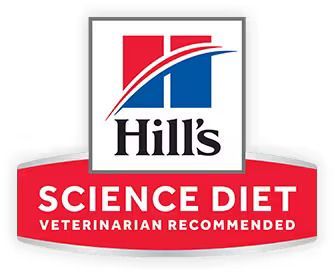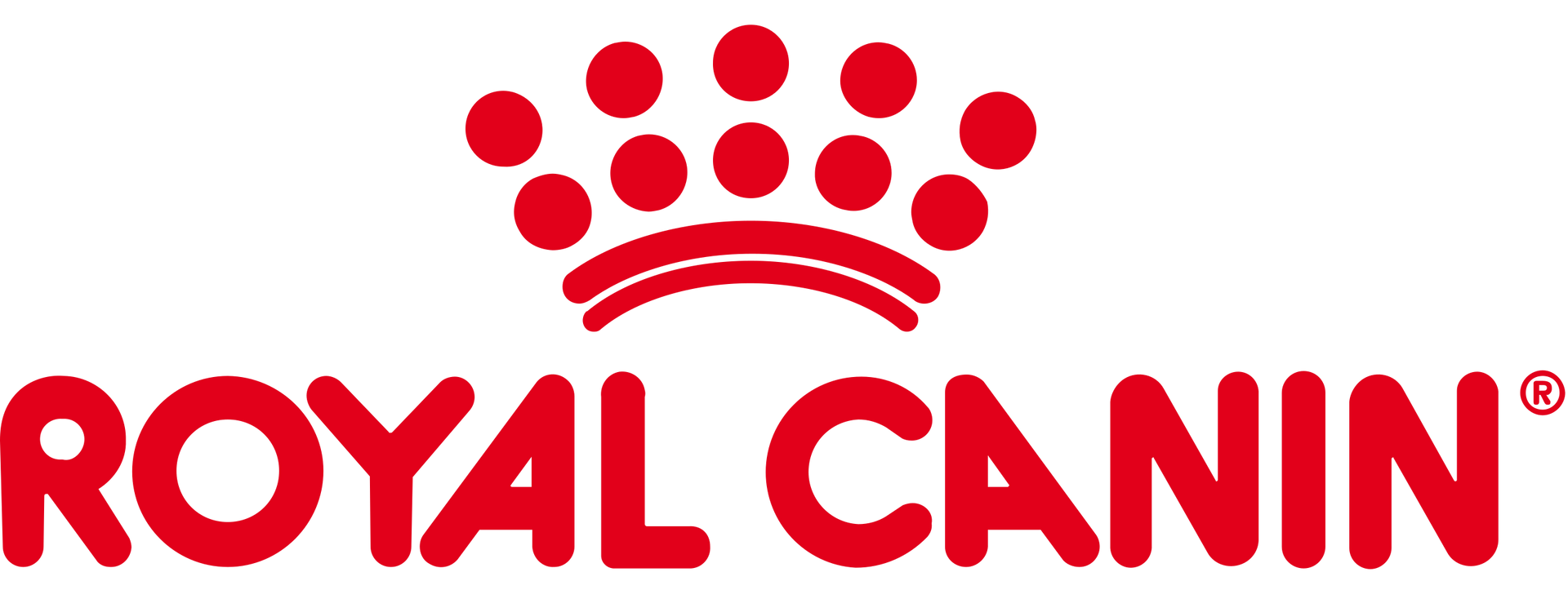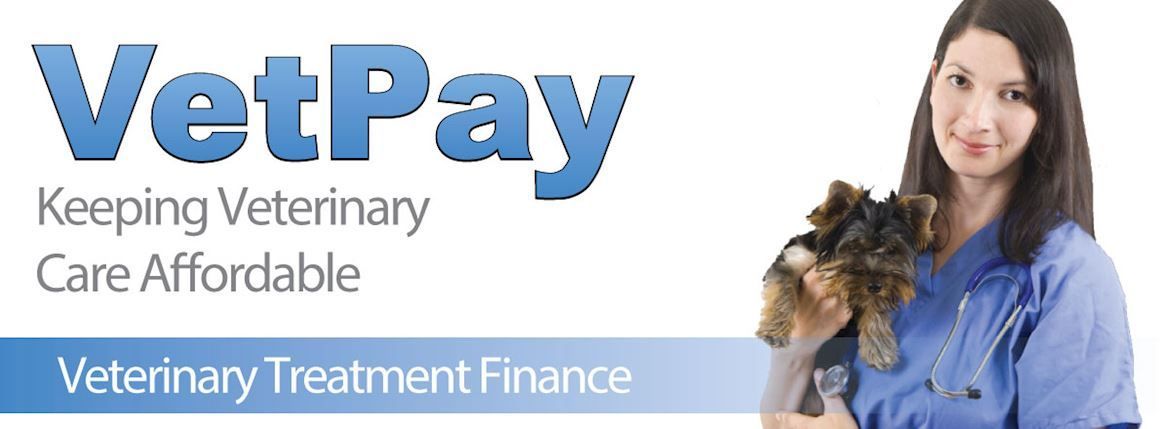Pet Health & Wellness: Nutrition Tips for Different Pets
Our Guide to Your Pet's Diet
Proper nutrition is the cornerstone of good health for our pets. Just like humans, each pet requires a specific diet tailored to its species, life stage and health status. Below, we discuss nutrition tips for a variety of pets to help them thrive.
Dogs: Balancing the Diet
Dogs are not strictly carnivorous—they thrive on a varied diet that includes proteins, carbohydrates, fats, vitamins and minerals. When choosing dog food, opt for high-quality, meat-based foods that specify the kind of meat used. Puppies need more protein and fat for growth, while older dogs may require fewer calories to avoid weight gain.
- Portion Control: Avoid free-feeding and measure your dog's food to prevent obesity.
- Hydration: Always provide access to clean, fresh water.
- Treats: Treats should not make up more than 10% of your dog's daily intake.
Cats: Carnivores at Heart
Cats are obligate carnivores and require a diet rich in animal proteins. Taurine, an essential amino acid found in meat, is crucial for cats and must be included in their diet.
- Protein Focus: Look for foods where a specific type of meat is the first ingredient.
- Wet Food: Incorporate wet food to aid hydration, as cats often do not drink enough water.
- Avoid Fillers: Steer clear of foods with excessive grains and fillers.
Birds: Species-Specific Diets
Birds' dietary needs are incredibly diverse and depend on their species. While some birds thrive on seeds, others require diets rich in fruits, vegetables or even insects.
- Variety: Offer a mix of seeds, pellets, vegetables and fruits.
- Calcium: Provide cuttlebone or mineral blocks for added calcium.
- Toxic Foods: Be aware of foods that are toxic to birds such as avocado, chocolate and caffeine.
Small Mammals: From Herbivores to Omnivores
Small mammals like rabbits, guinea pigs and hamsters have different dietary needs. Rabbits and guinea pigs are herbivores and require a diet high in fibre, while hamsters are omnivores and can eat a variety of foods.
- Fibre-Rich: For herbivores, provide unlimited hay to support digestive health.
- Vitamin C: Guinea pigs cannot produce vitamin C, so ensure their diet includes fortified food or vegetables like bell peppers.
- Moderation: For omnivores, offer a balanced diet and avoid high-fat seeds and sugary treats.
Reptiles: Unique Nutritional Requirements
Reptiles such as turtles, snakes and lizards have specific dietary needs based on their natural habitat and prey.
- Carnivores: Snakes require whole-prey diets, often rodents, that must be provided frozen and thawed for safety.
- Herbivores: Tortoises need a diet of leafy greens with occasional fruits.
- Supplements: Many reptiles require calcium and vitamin D3 supplements to prevent metabolic bone disease.
Fish: More Than Just Flakes
Fish diets can range from flake and pellet foods to live and frozen options, depending on the species.
- Varied Diet: Offer a mix of food types for nutritional balance.
- Specific Needs: Research your fish species to understand their specific dietary requirements.
- Avoid Overfeeding: Overfeeding can lead to water quality issues and health problems.
Tailored Nutrition for Healthy Pets
Each pet is unique and so are their nutritional needs. Understanding what your pet requires is essential for their health and wellbeing. It's not just about the right food, but also the right amount and variety.
At Northern Illawarra Veterinary Hospital, we encourage you to schedule a nutritional consultation to ensure your pet's diet is on the right track. Our team is dedicated to providing personalised advice to keep your beloved companion in peak condition. Take the first step towards a healthier life for your pet—contact our team today!
SITE LINKS
WHAT WE DO
TRADING HOURS
- Monday
- -
- Tuesday
- -
- Wednesday
- -
- Thursday
- -
- Friday
- -
- Saturday
- -
- Sunday
- Closed
Please call us for an appointment, emergencies or for any enquiries about your pet on 02 4238 8575.















